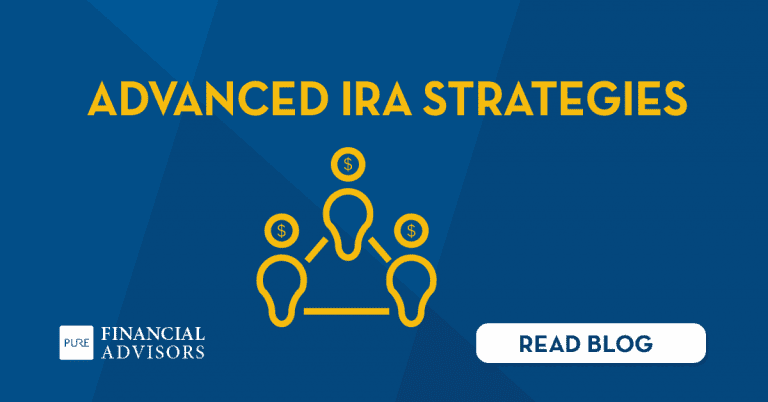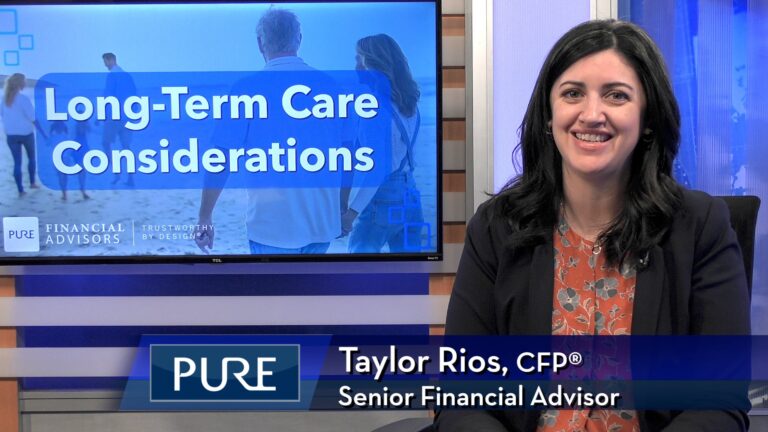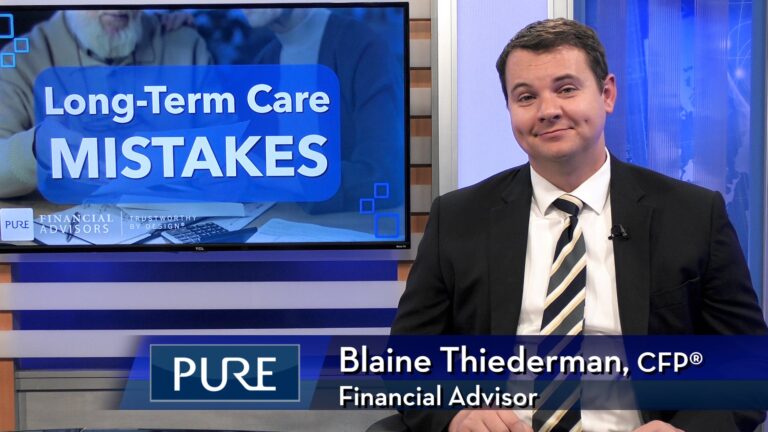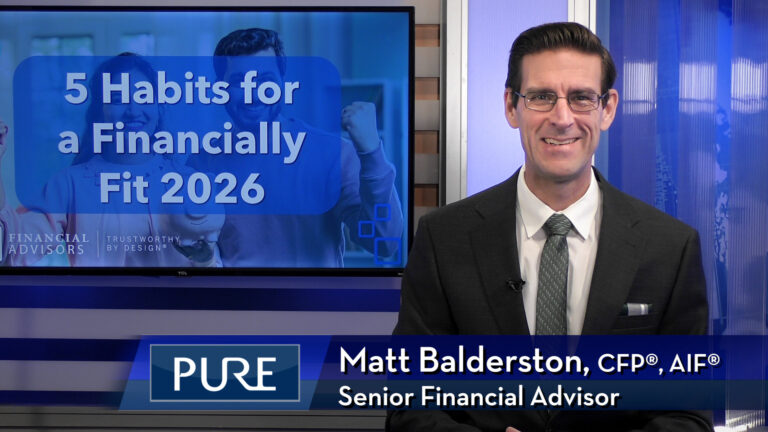There are plenty of rules around taking required minimum distributions from your retirement accounts beginning at age 70 1/2, but how do you actually take the money each year?
In this video, Senior Financial Planner Matt Balderston, CFP® explains your options.
Transcript:
So a question I often face with my clients is how to take your required minimum distributions. Now, a required minimum distribution is something that you take from a retirement plan when you turn 70 and a half, and there’s a lot of rules associated with that, but I’m not going to go into that. I’m talking about how do you actually get the money out? What do you do with it?
The simplest way is to take it as a lump sum – just have whatever the amount is deposited directly in your bank account. But if you don’t need the money, you’re just transferring it from a portfolio that’s hopefully growing and moving it into a non-productive account. So what you could also do is move that money as shares directly into a non-qualified account. That’s moving the money from an ordinary income environment into a capital gain environment, and the sooner you do that, and the longer it grows in that environment, the better off you are tax-wise.
If you do need the money, and you do want to have it deposited directly to your bank account, you also don’t have to do it as a lump sum. You can do it monthly or quarterly, however you want, the money just has to come out by the end of the year. So if you know yourself really well and you know that you’ll spend it all if it goes in there at the beginning of the year, you might want it to be spread out periodically. That’s something you have to know about yourself.
The final way to take that money is to do a qualified charitable distribution or QCD. That’s where money goes from the IRA or retirement plan directly to a charity. I did another video on that if you want more details. In fact, if you want more details on anything or have other questions, you can go to our website at PureFinancial.com.
Click here to learn more about Qualified Charitable Distributions.











